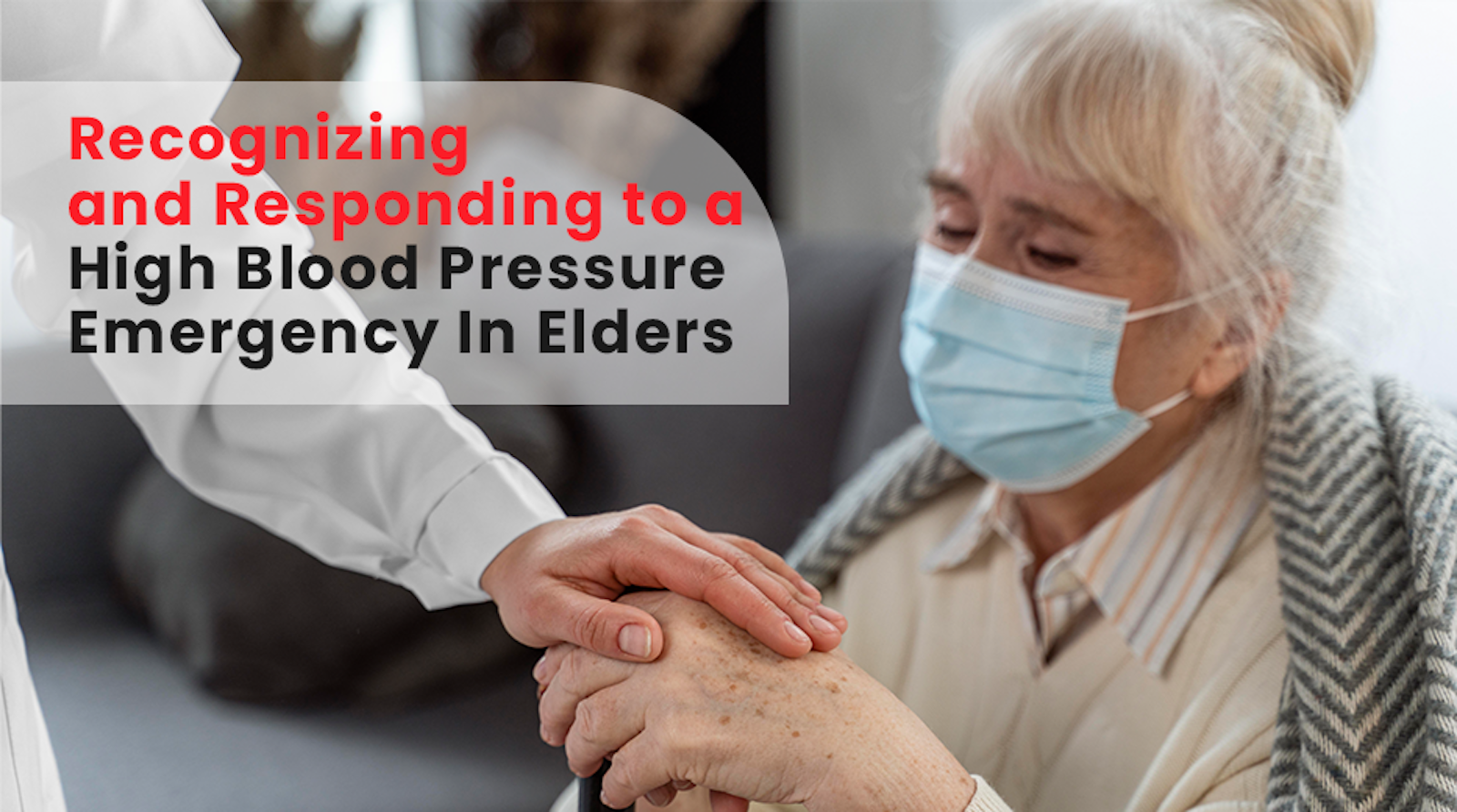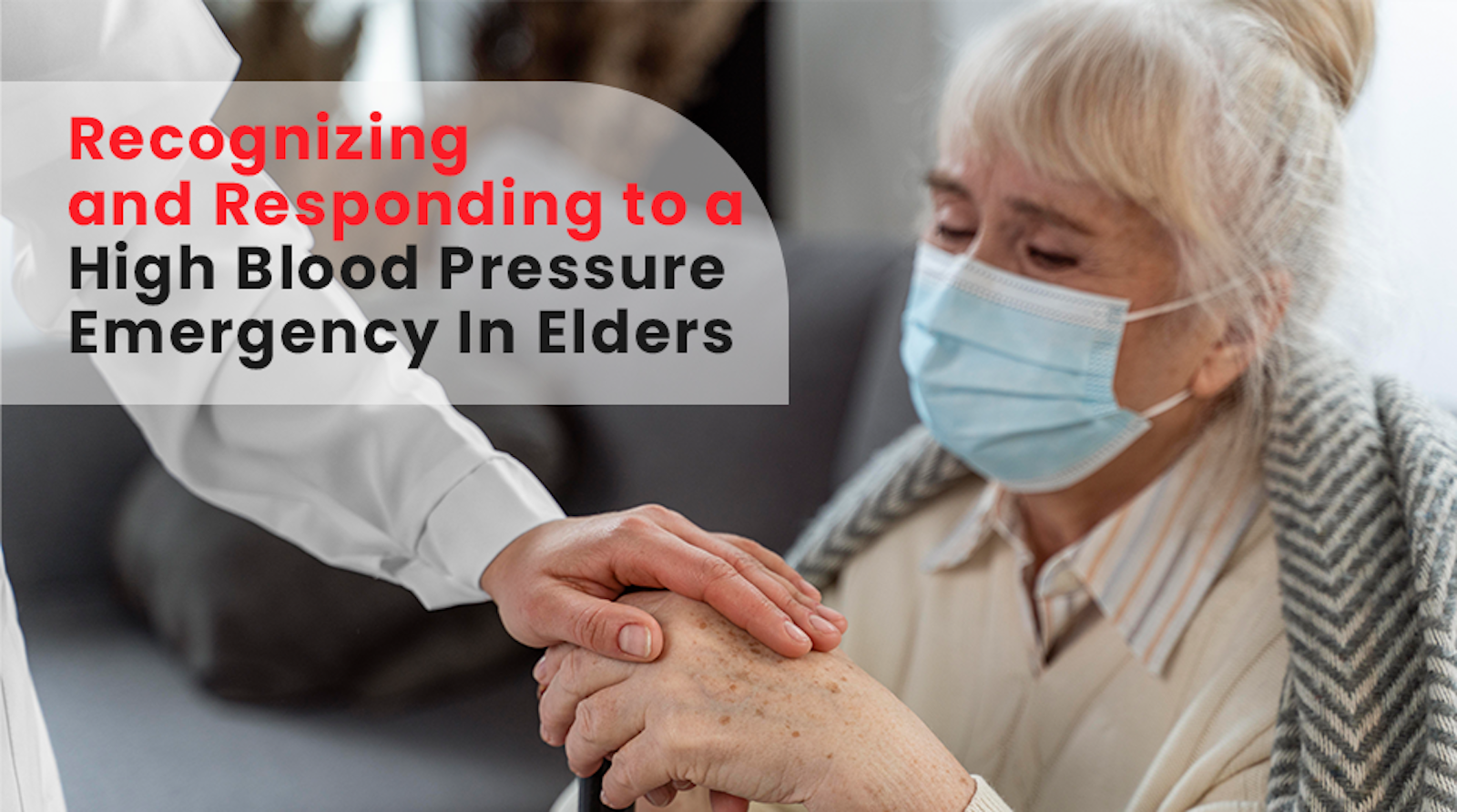Blood pressure, as used in medical terms, refers to the amount of stress that flowing blood exerts on the artery walls of a human body. Blood pressure naturally rises and falls during the day, but in those who have hypertension, blood pressure is constantly high, raising the risk of major medical problems.
An umbrella term for hypertensive urgency and hypertensive emergency is Hypertension or Hypertensive crisis. These two disorders develop when blood pressure rises significantly, potentially resulting in organ damage.

NORMAL BLOOD PRESSURE
When systolic pressure is less than 120, and diastolic pressure is less than 80 mmHg, or 120/80mmHg, most commonly pronounced “120 over 80,” blood pressure is within a safe range. Blood pressure levels consistently exceeding 130 over 80 are indicative of hypertension.
INCREASED BLOOD PRESSURE / HYPERTENSION BP:
Increased Blood pressure hypertensive blood pressure is specifically 180/110 or 180/110 or higher.
The American Heart Association (AHA) has categorized high blood pressure in adults and older adults as shown in the table below:
TYPES OF HYPERTENSIVE CRISIS
There are two types of hypertensive crises:
- Urgent Crisis
Your blood pressure is high when you have an acute hypertensive crisis. Physical signs like chest discomfort or breathing difficulties may not indicate a severe problem.
Wait for roughly five minutes in the absence of any physical discomfort before taking your blood pressure once more. The monitor might be malfunctioning, or the value could naturally decrease. Keep monitoring regularly and always keep an eye out for emergency crises.
- Emergency Crisis
In an Emergency Crisis, your blood pressure is extraordinarily high, and your organs have suffered harm while you are experiencing an acute hypertensive crisis. Life-threatening consequences may be linked to a hypertensive emergency crisis.
Take your loved one to a hospital emergency room as soon as possible if they start exhibiting any of the symptoms mentioned above. Be ready to inform nurses and professionals about your loved one’s history of high blood pressure.
Symptoms Of High Blood Pressure Emergency In Elders
The following are signs and symptoms of a hypertensive crisis that might be fatal. These symptoms may affect the organ, and organ damage brought on by an acute hypertensive crisis may include:
- Sudden change in mental states, such as Forgetfulness, Increased Anxiety, and Confusion.
- Blood loss in the brain (stroke)
- Nausea and vomiting
- Shortness of breath
- Heart Attack
- Severe headache, accompanied by confusion and blurred vision.
- Chest pain (unstable angina pain)
- Seizures
- Aneurysm (aortic dissection)
It frequently happens when high blood pressure is left untreated, if a patient forgets to take their blood pressure medicine, or if they have taken an OTC drug that makes it worse.
How To Respond In Case Of High Blood Pressure Emergency In Elders
If you feel you are having symptoms of high blood pressure, take the following precautions:
Be as calm as you can. If you are anxious, this might not be simple, but try to remain calm—it can lower blood pressure.
Focus on your breathing when you sit down. Breathe deeply and hold each breath for a few seconds before letting it go.
If your doctor has recommended medicine for you, take it as directed.
You can also feel more at ease with a cup of hibiscus or chamomile tea, so it’s a good idea to stock up on these teabags. Black tea and coffee should especially be avoided at this time.
These sensations can be debilitating, and loved ones may be unable to explain what is happening to them. To spot an emergency when it occurs, caregivers should be aware of the warning symptoms of these conditions.
Conclusion
The dangers of high blood pressure can be fatal. Your capacity to spot a possible emergency and take necessary action is improved by being aware of these illnesses’ symptoms and warning signs.
One of the most prevalent chronic diseases is hypertension. Even though high blood pressure is frequently treatable with medicine or specific lifestyle modifications, persistently high levels can have severe consequences if left untreated. Knowing how to spot the warning signs and symptoms of a high blood pressure emergency can help you make sure a loved one receives prompt attention when it counts.
Do you need assistance caring for a loved one with chronic hypertension or another illness? Study up on My Noble Care.
Published by HFA on February 24, 2024

